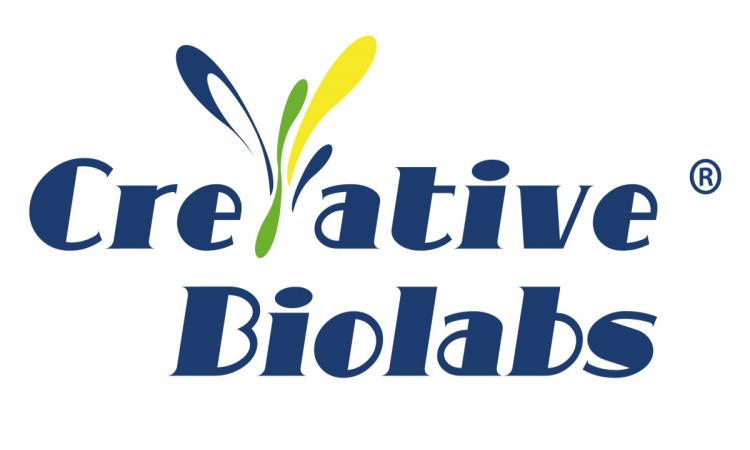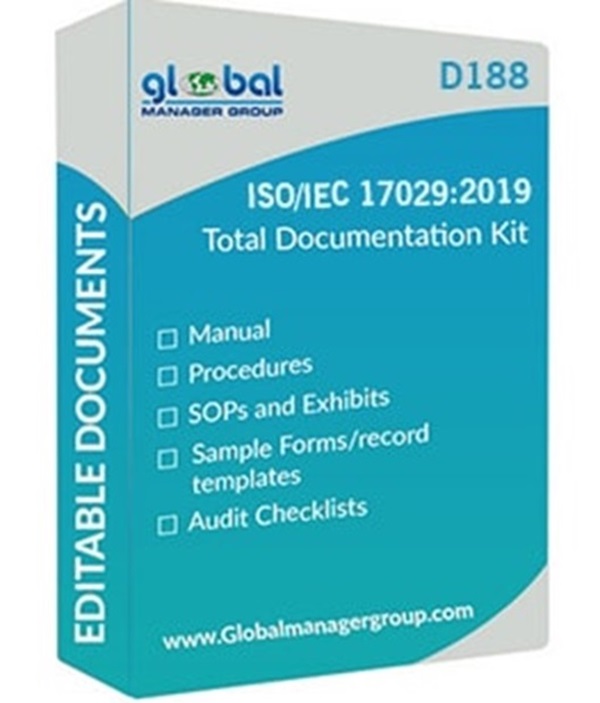Creative Biolabs delivers key solutions focused on Fc engineering services for effector function stimulation, complement activation, aglycosylation, and effector function inhibition.
SHIRLEY, NY, July 23, 2025 /24-7PressRelease/ — Fc engineering has quietly emerged as a key driver in upgrading the therapeutic performance of next-generation biologics. More and more biopharmaceutical companies are focusing on effector function-enhancing targeted modifications to the Fc region of monoclonal antibodies as they seek to improve immune effector functions, extend serum half-life, and tailor immune reactions.
As quoted from one senior scientist at Creative Biolabs, “Fc is not just a structural fragment connecting to the constant region—it is a tool for mobilizing the immune system, activating functional pathways, and elevating the therapeutic index.” This philosophy serves as the foundation of Creative Biolabs’ design rationale for Fc engineering technology.
Among its comprehensive Fc engineering services, effector function stimulation stands out as one of the most actively researched and clinically promising strategies. The interaction between the Fc region and Fcγ receptors (FcγRI, FcγRIIa, FcγRIIIa) is essential for initiating ADCC (antibody-dependent cell-mediated cytotoxicity) and ADCP (antibody-dependent cellular phagocytosis) responses. Creative Biolabs applies particular mutations aimed at improving affinity between Fc and FcγRIIIa, which enhances NK cell recruitment and tumor cell lysis, thus significantly improving the efficacy.
Beyond cellular effector activation, complement activation offers another crucial pathway. When antibodies bind to the complement protein C1q via the Fc domain, they can initiate the classical complement cascade, leading to CDC (complement-dependent cytotoxicity). Creative Biolabs utilizes a range of structural design strategies—such as boosting C1q binding affinity and optimizing spatial configurations—to help clients achieve more efficient CDC responses. Antibody designs that activate complement are particularly valuable in solid tumors, hematologic malignancies, and are increasingly considered for autoimmune disease therapies.
While promoting activation, Creative Biolabs also recognizes the engineering value of downregulation. In certain clinical settings, excessive Fc receptor engagement may lead to unwanted inflammatory responses or immunotoxicity. In these cases, effector function inhibition becomes essential. Through inhibitory mutations or structural redirection of the Fc domain away from activating receptor sites, Creative Biolabs can develop “silent” antibodies. This strategy shows promise in treating autoimmune and inflammatory diseases, and even in vaccine development.
Another highly regarded direction is aglycosylation (removal of glycosylation sites), which enhances antibody stability and manufacturing flexibility. By removing glycosylation sites in the Fc region, aglycosylated antibodies avoid batch-to-batch heterogeneity caused by variable glycan structures and can acquire immune-silent properties. Creative Biolabs offers customized Fc variants—with or without glycosylation—tailored to the specific immunological and therapeutic needs of various indications.
As the head of the Fc engineering platform at Creative Biolabs puts it, “Fc is not a static module—it’s a programmable immune interface adaptable to clinical goals.” This captures the core philosophy of therapeutic Fc engineering technology: empowering each antibody with just the right immune attributes through multi-dimensional strategies such as effector enhancement, complement activation, inhibitory control, and glyco-modulation.
About Creative Biolabs
As antibody engineering moves into an era of precision and personalization, Creative Biolabs is helping global innovators push the boundaries of biologics with its comprehensive Fc engineering capabilities.
—
For the original version of this press release, please visit 24-7PressRelease.com here





